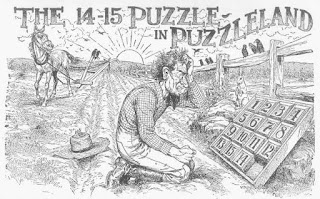The WeakReference class, monitoring memory leak and garbage collection in a Java application

Below is a Stack implementation that uses an internal resizeable array structure. public class MyStack< T > implements Stack< T > { private static final int CAPACITY = 100 ; private Object[] array ; private int pos = 0 ; public MyStack () { this . array = new Object[ CAPACITY ] ; } @Override public void push ( T item) { if ( pos >= array . length / 2 ) { Object[] newArray = new Object[ pos * 2 ] ; System. arraycopy ( array , 0 , newArray , 0 , array . length ) ; array = newArray ; } array [ pos ++] = item ; } @Override public T pop () { if (isEmpty()) { throw new RuntimeException( "empty stack" ) ; } @SuppressWarnings ( "unchecked" ) T item = ( T ) array [ pos - 1 ] ; pos -= 1 ; return item ; } @Override @SuppressWarnings ( "unchecked" ) public T peek...
